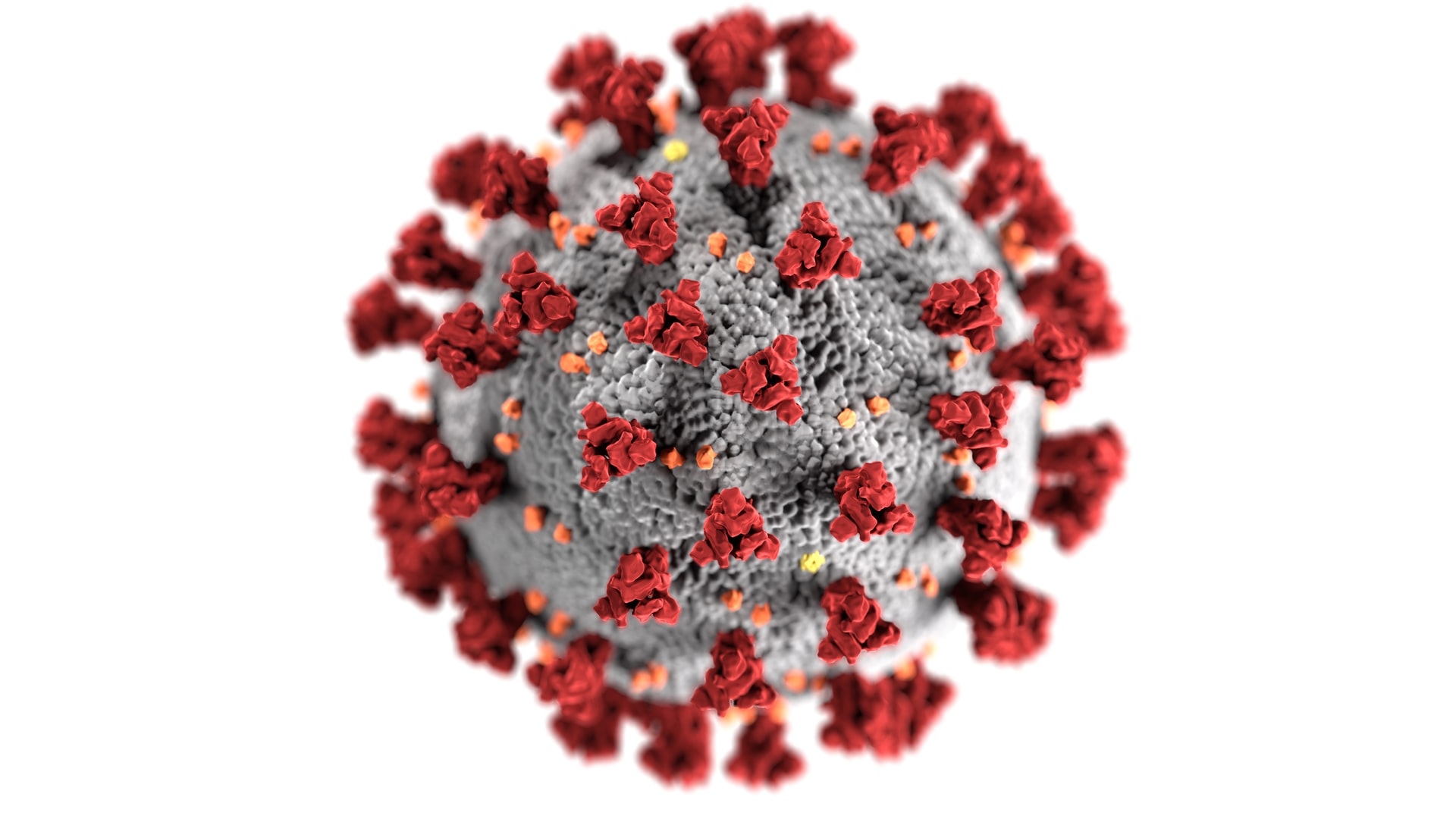The COVID-19 pandemic may seem less distressing in some areas now than in 2020, but the virus is far from eradicated. In the months and years following the initial outbreak, COVID has spawned several variants, as viruses are apt to do. Even vaccinated individuals can experience breakthrough infections from these forms of COVID, so it’s important to understand the different variants that one may encounter so individuals know what to expect. As always, mask-wearing, hand-washing, and social distancing can help reduce the spread of the virus.
Omicron
Omicron is the only COVID variant that the CDC lists as a variant of concern. This type of COVID spreads more easily than other variants, but it is also less severe. Omicron has spawned a number of strains, each of which seems to spread more easily than its predecessor. Breakthrough infections are possible in fully vaccinated people, but it’s still believed that vaccination helps prevent severe illness. Some monoclonal antibody treatments are effective against the Omicron variant, but these treatments are less effective against this strain than against others.
Delta
Prior to Omicron, Delta was the most predominant and contagious variant of COVID, causing twice as many infections as the variant before it. In Connecticut, it was estimated that Delta was 80% to 90% more transmissible than the Alpha variant. In unvaccinated individuals, Delta caused more severe symptoms than its predecessors. Vaccines are less effective against Delta, but those who experienced breakthrough infections typically had less severe symptoms.
Beta
The Beta variant was identified in South Africa and has not spread widely to the United States. According to the CDC, this strain was about 50% more contagious than previous types of COVID. Vaccines are less effective against the Beta strain. The Pfizer vaccine proved just 75% effective against Beta. Novavax clinical trials showed 89% efficacy in the U.K. but only 60% efficacy in South Africa, where Beta did the most damage.
South Africa halted production of the AstraZeneca vaccine because it did not protect against mild or moderate illness from the Beta strain. The Beta variant has a spike protein that might allow it to escape vaccines, making this one of the more concerning variants.
Alpha
Alpha was the first publicized variant of COVID. It was originally classified as a variant of concern in the U.S. Alpha contains variants in the spike protein that make it more contagious than the original strain. Alpha is estimated to be 30% to 50% more contagious than its predecessor. This version of the virus is more likely to send people to the hospital and also seems to affect children more than the original COVID strain. Vaccines do seem to be effective against the Alpha variant.
All COVID variants have similar symptoms, including cough, shortness of breath, fatigue, headache, muscle or body aches, congestion, sore throat, fever, and loss of taste or smell. Individuals who are concerned that they may have COVID should contact their JCMC healthcare provider to discuss symptoms and treatment options.







